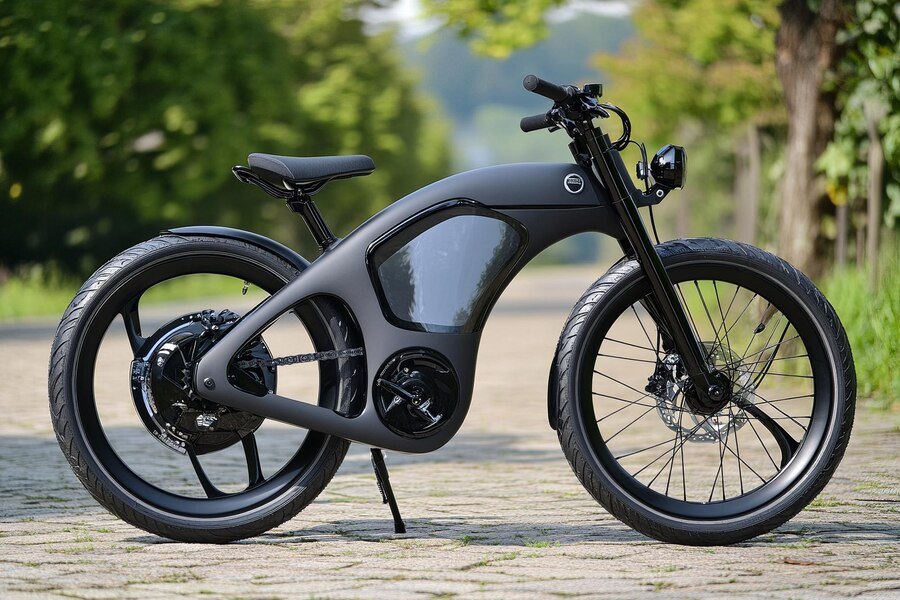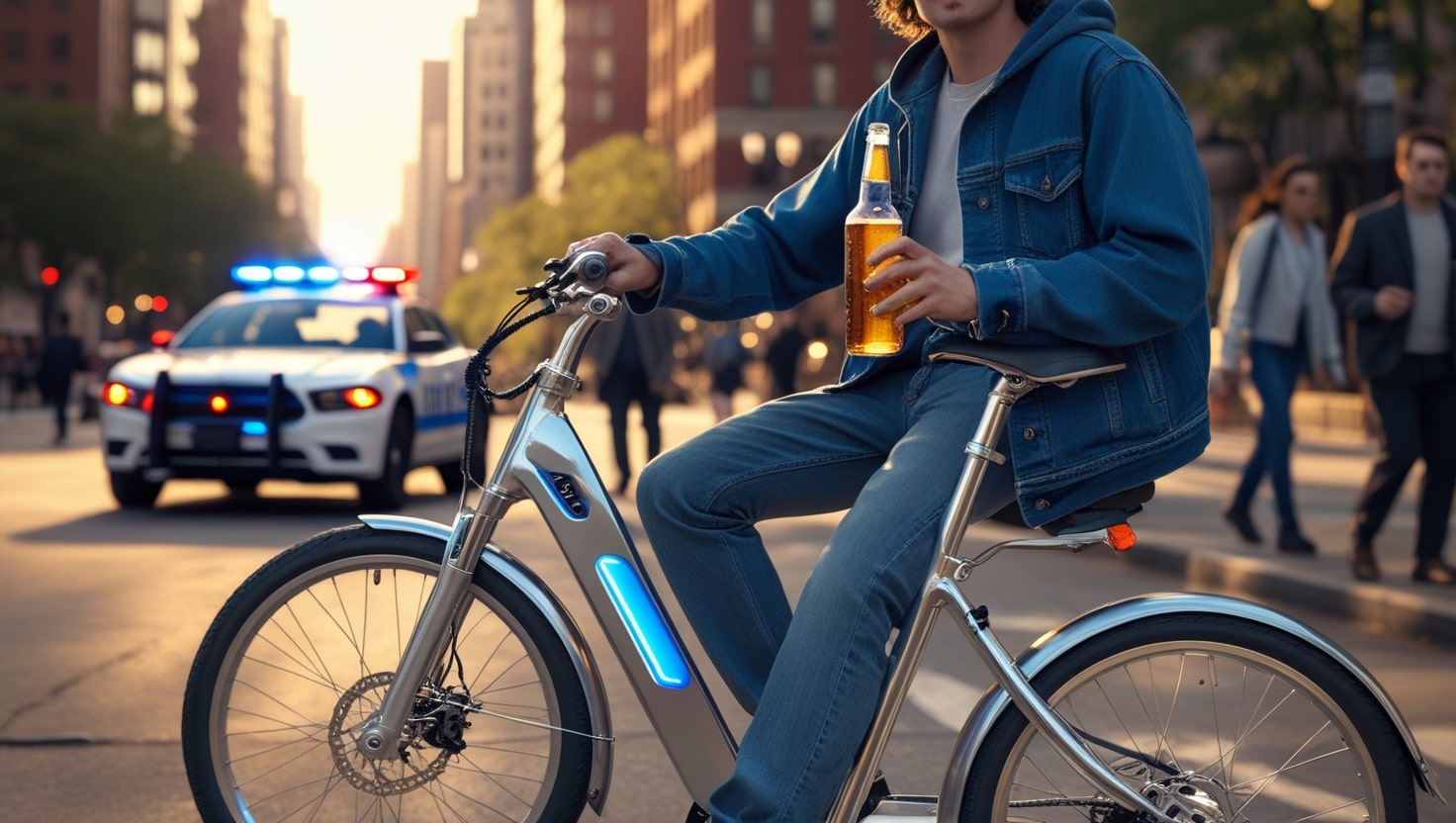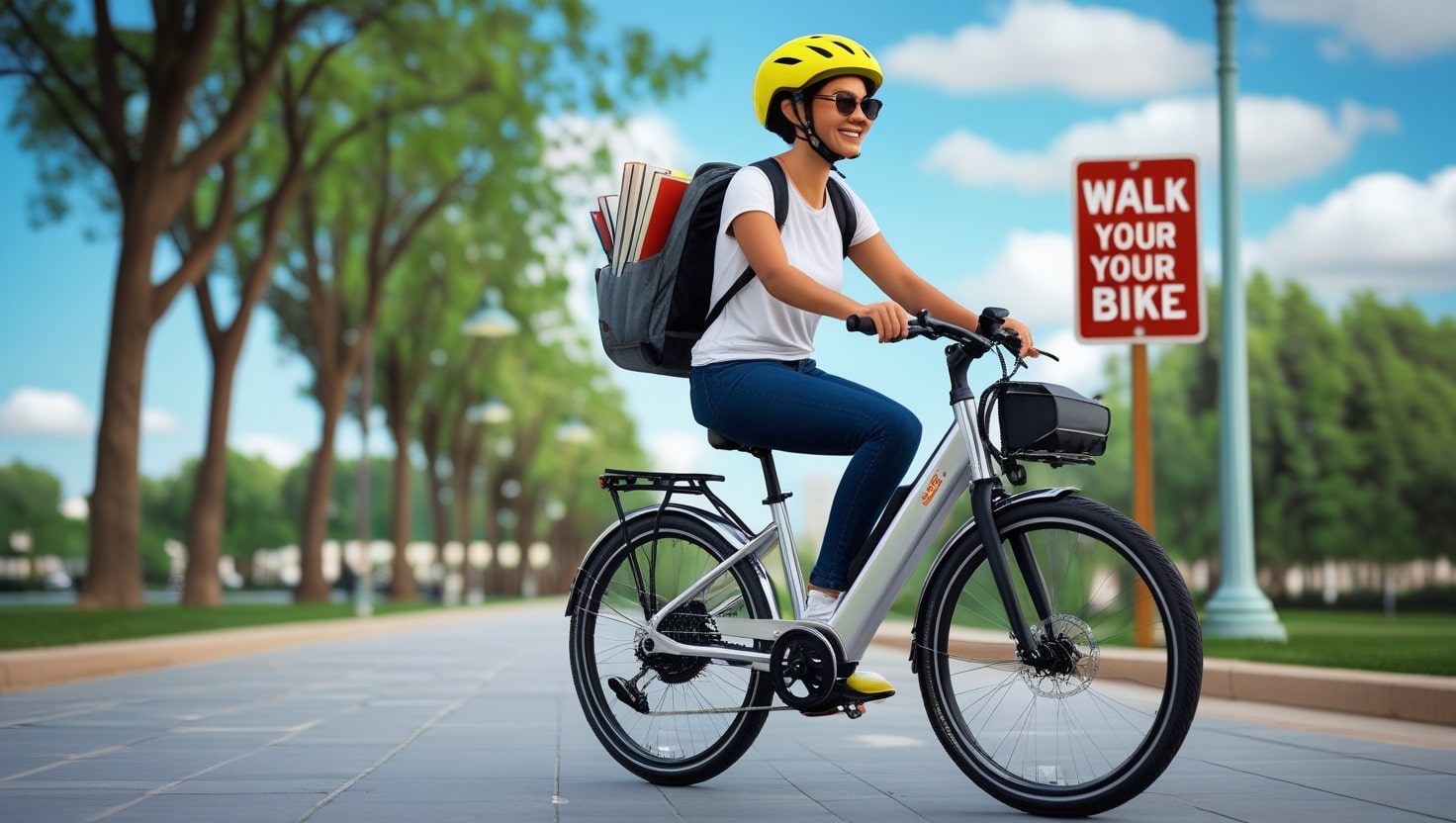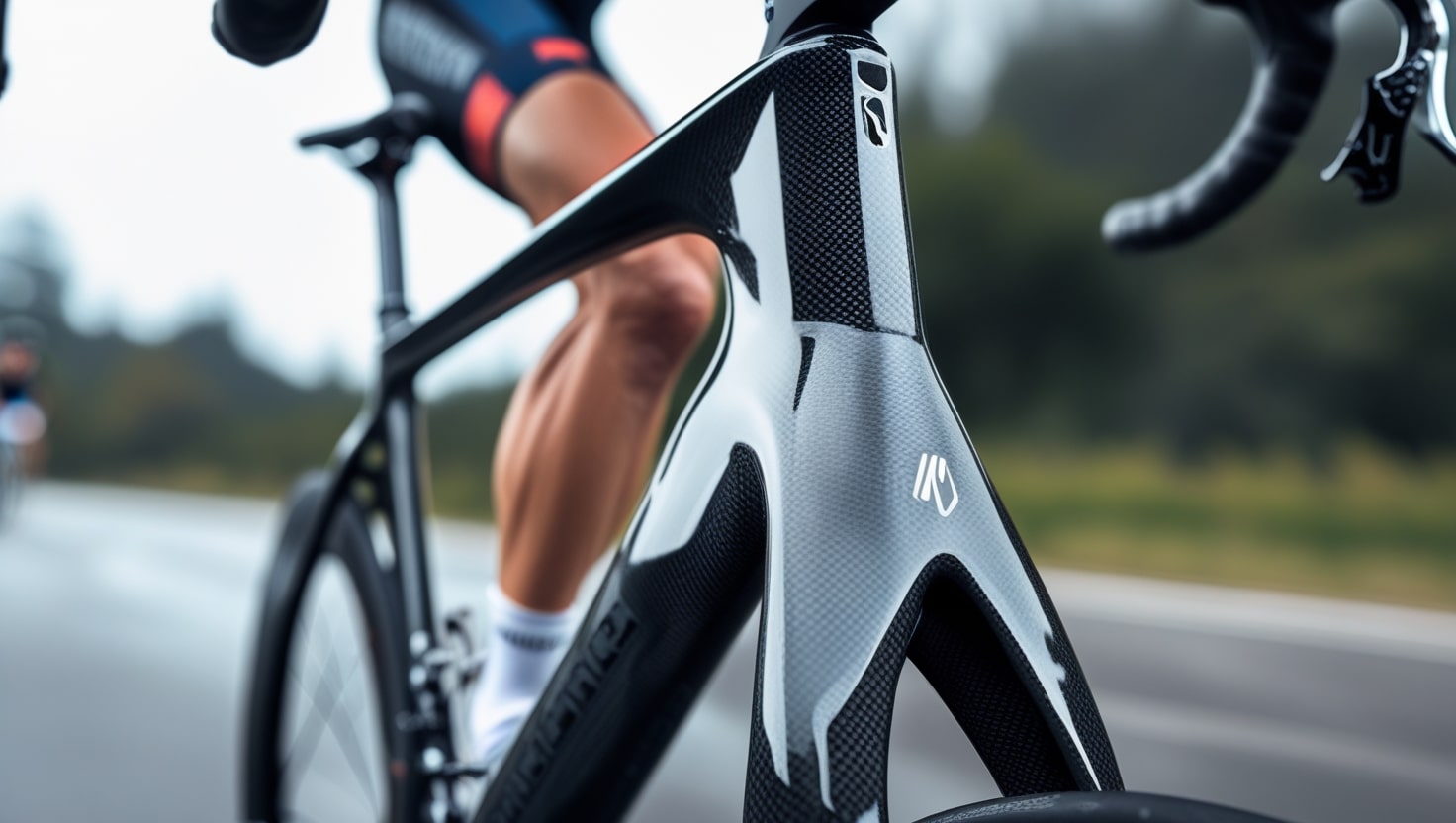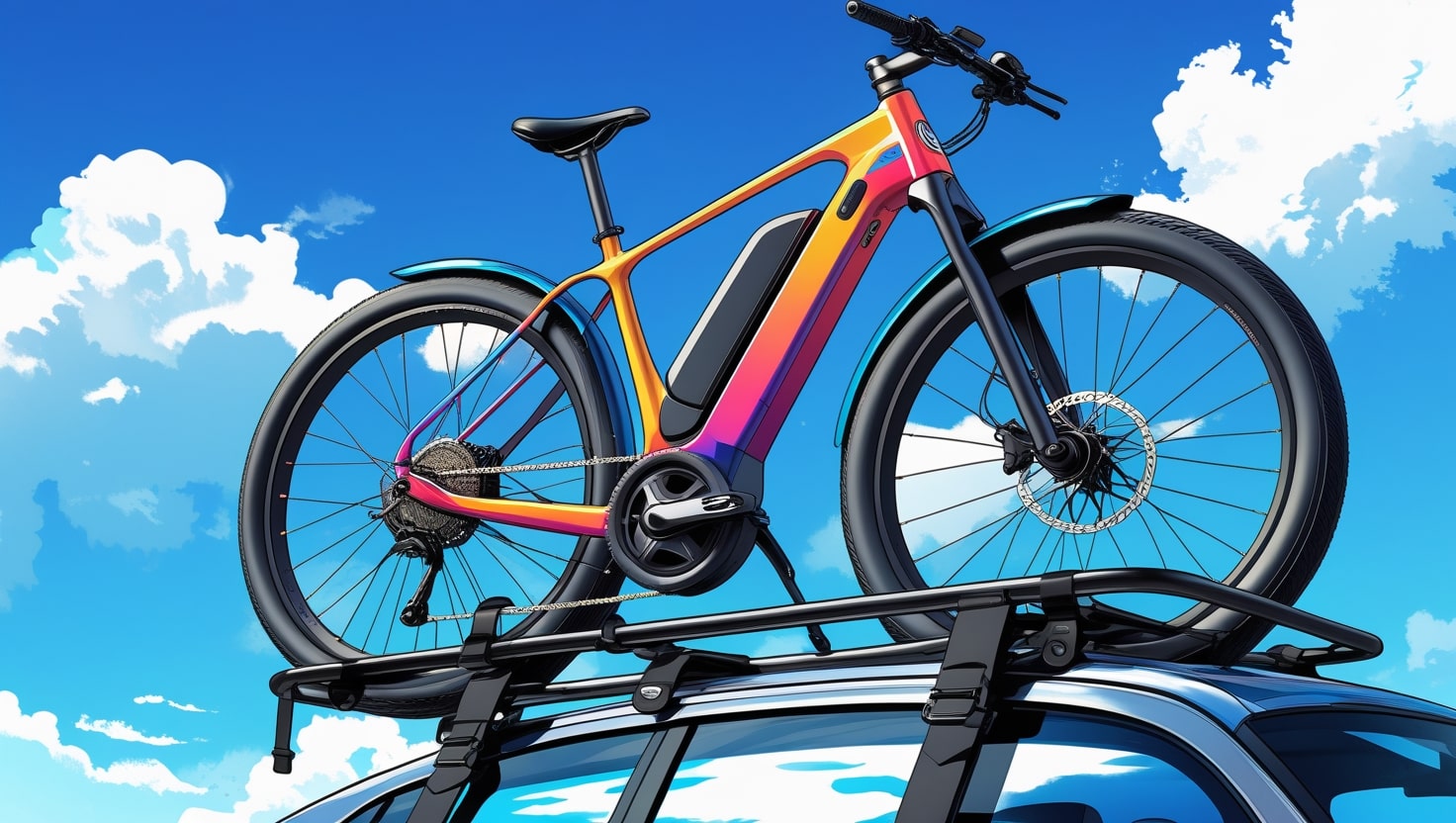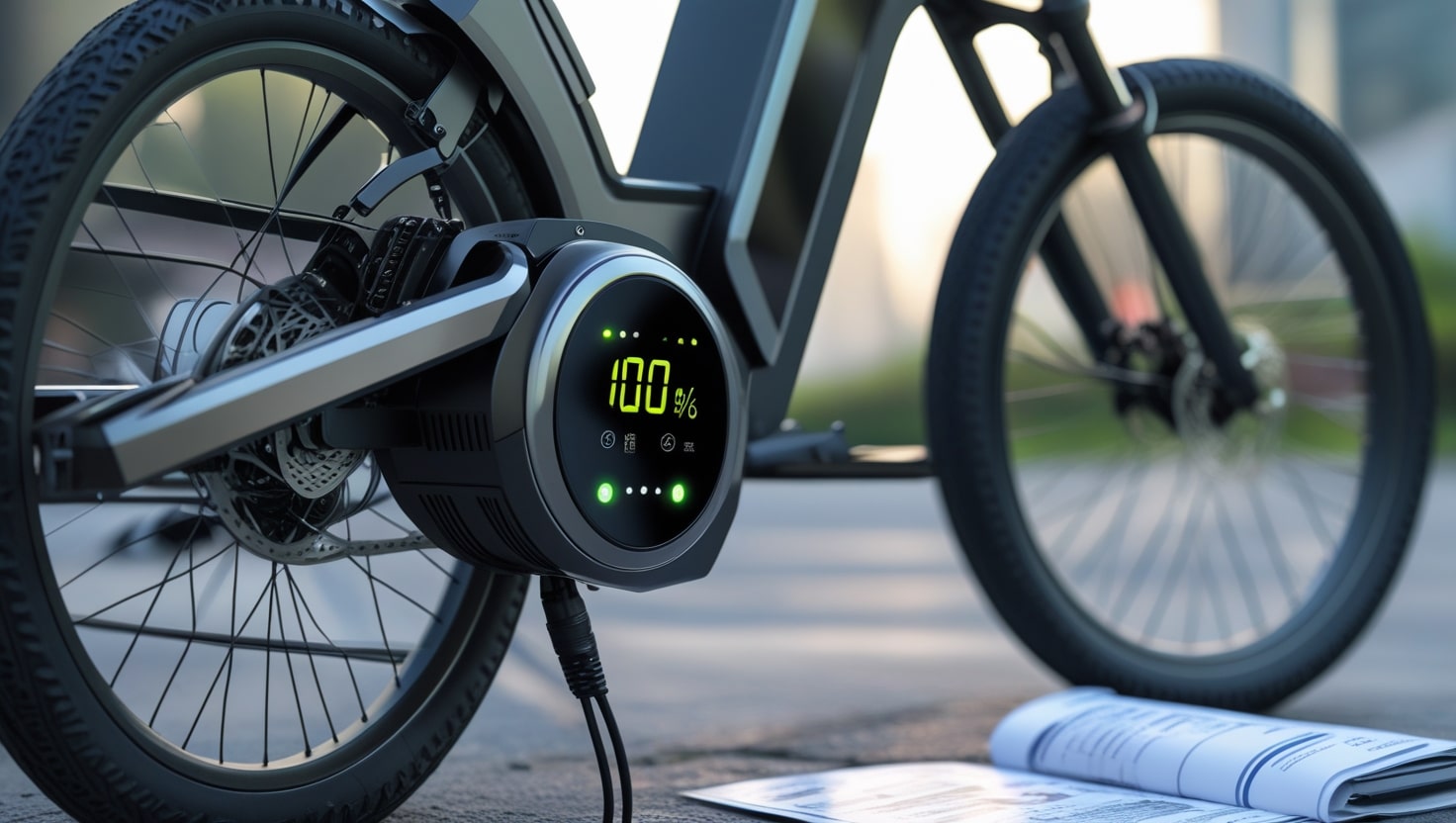As a passionate bike enthusiast, I’ve often found myself digging into the finer details of Iowa ebike laws. Whether you’re cruising down a street on your sleek electric bike (e-bike) or enjoying the freedom of uninterrupted pedaling, it’s important to know the legalities surrounding these modern marvels. In Iowa, the laws ensure a smooth and safe riding experience, setting clear rules to avoid unnecessary interruptions. Staying informed about street regulations and embracing the joy of a legal ride means more freedom to explore the open roads.
Related: Virginia Ebike Laws
Iowa Ebike Law Overview
In the state of Iowa, an ebike is a device that comes with a saddle, operational pedals, and an electric motor of less than 750W. The motor is designed to work solely to assist the rider, and the maximum speed is 20mph on a flat, level surface when powered entirely by the motor. These electric bikes are classified into three classes based on their functionality and how the motor operates.
- Class 1: Pedal-assist eBikes where the motor stops when the bike reaches 20 mph.
- Class 2: Electric bikes with a motor that works exclusively to propel the bicycle, stopping when the bike reaches the speed of 20 mph.
- Class 3: Electric bicycles equipped with a motor that provides assistance only while the rider is pedaling and stops when the rider stops pedaling or when the bicycle reaches a speed of 28 mph.
- Kids under 16 years of age are not allowed to operate a Class 3 e-bike, but they can still ride as a passenger.
- When riding a Class 3 e-bike on a bicycle or multi-use path, you must stay within the posted speed limit.
- If there is no posted speed limit, you are required to stay under 20 miles per hour to comply with the law.
- To function lawfully, a Class 3 low-speed electric bicycle needs to have a speedometer that shows the bike’s speed in miles per hour.
What About Trails?
In Iowa, e-bikes are generally welcomed on most multi-use paths, but it’s important to double-check local regulations before heading out. Certain trails, especially those labeled as singletrack, might have restrictions in place. Doing a bit of homework beforehand ensures your adventure goes smoothly and keeps you in good standing with fellow trail users.
IOWA EBIKE LAW FOR Singletrack and Trail Riding
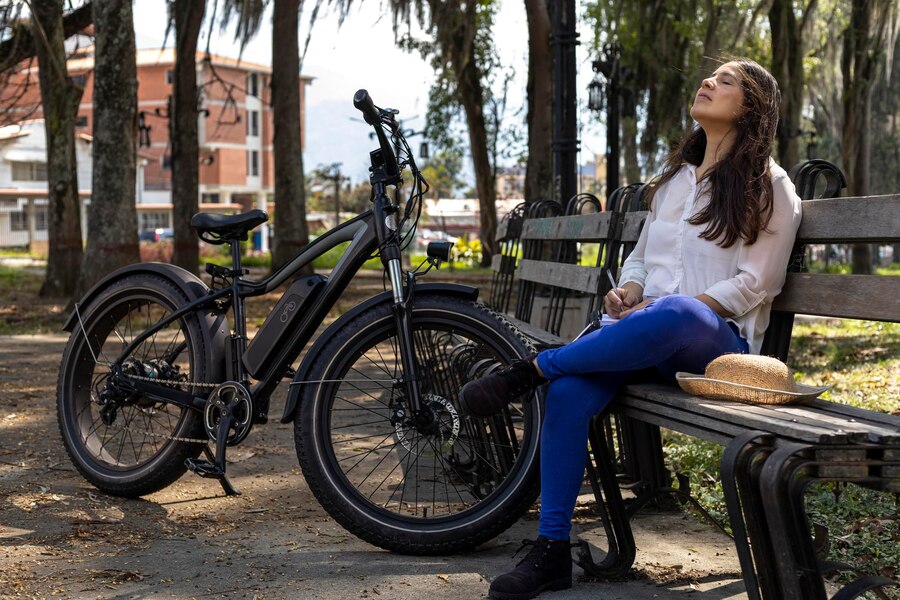
Iowa’s trails offer a mix of spectacular routes, from peaceful riverside routes to rugged singletrack designed for thrill seekers. Wondering if your electric bike can tag along? It certainly can be, as long as you keep a few key principles in mind:
Multi-use Paths: These paths are generally e-bike friendly and welcoming to all classes, unless otherwise specified. Whether it’s a family outing or a solo ride at sunset, these paths provide great accessibility for riders of all levels.
Singletrack Trails: These narrow trails can be trickier, as access varies. To be sure you are abiding by the rules, it is crucial to review the local laws. Since the Iowa Department of Natural Resources does not currently have a specific eMTB policy, it is a good idea to contact them for the latest updates. Federal lands managed for recreation treat eMTBs as motorized vehicles, allowing access only to motorized trails managed by the U.S. Forest Service. Electric bicycles classified as non-motorized by the Department of the Interior are only permitted in designated open areas.
Pro Tip: Always ride with courtesy. By giving way to pedestrians and maintaining a safe speed, you help ensure that the trails are enjoyable for everyone.
Low-speed electric bicycles — labels
Every manufacturer or distributor of low-speed electric bicycles must apply a label that is permanently affixed in a prominent location on the bike. This label must include key information, such as the classification number that corresponds to the class defined in section 321.1, subsection 36A, the bike’s top-assisted speed, and its motor wattage. The details must be printed in Arial font with a size no smaller than nine-point type, ensuring clarity and compliance.
If someone modifies the speed capability or engagement of a low-speed electric bicycle, such that it no longer qualifies for its original class, they are required to affix a new label containing the updated information. This helps maintain transparency and ensures the bike remains within the legal framework of Iowa ebike laws.
Legal Requirements and Safety Tips
In Iowa, riding an e-bike involves more than simply knowing which trails are open to you; it also involves riding responsibly. What you should know is as follows:
Helmet Up: For riders under 18 using Class 3 e-bikes, wearing a helmet is absolutely non-negotiable. While it’s required by law, it’s also a smart safety idea for everyone, regardless of age.
Age Matters: Class 3 e-bikes are strictly off-limits for those under 16. These regulations ensure that age and safety go hand-in-hand to protect younger riders.
Stay Illuminated: If you’re riding from dusk to dawn, proper lighting is required by law. Not only does it make your rides safer, but it also keeps you visible and compliant with local rules.
An electric bicycle with a low speed must be designed so that the electric motor assist stops working when the user disengages the motor, employs the brakes, or stops pedaling.
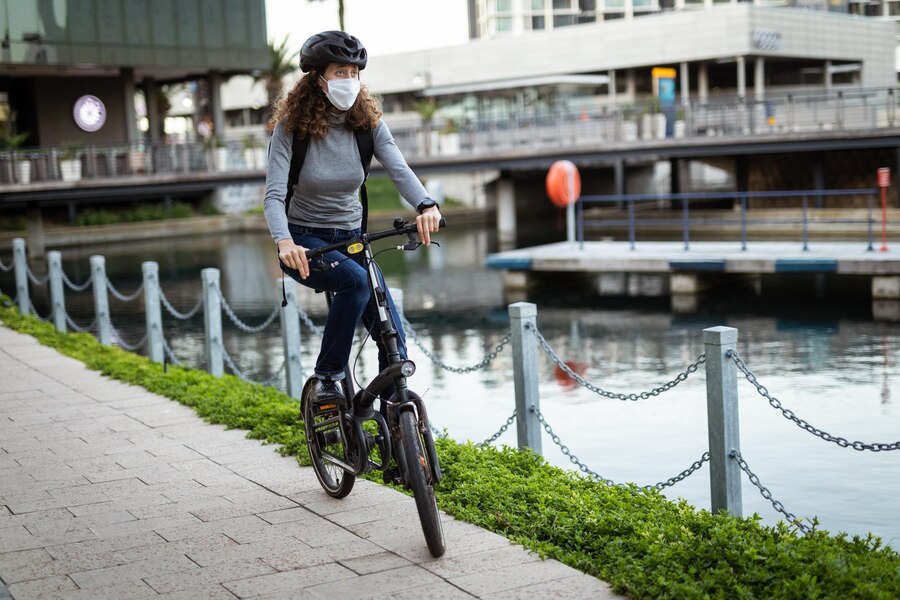
eMTB GUIDELINES
- Access varies across federal, state, county, and local trails, so always check specific rules before riding.
- Natural surface trails that are designated as open to both motorized and non-motorized uses typically allow e-mountain bikes (eMTBs).
- eMTBs are not always permitted on trails managed exclusively for non-motorized activities, so avoid riding in areas where rules are unclear.
- Always ride legally and stick to authorized trails to show that mountain bikers are responsible trail users.
- If in doubt, contact your local land manager for details on trail access, as local rules can change frequently.
Related: Maine Ebike Laws
GREAT eMTB RIDES IN IOWA
- The Grimes Gravel Loop near Des Moines offers a fantastic route spanning 36 miles, perfect for exploring scenic landscapes.
- The Grinnel Gravel Lake Loop in Grinnel stretches 24 miles, providing a shorter yet equally enjoyable ride for eMTB enthusiasts.
Insurance and Registration
For potential eBike owners, the administrative aspect of ownership can feel daunting, but Iowa offers some relief. In this state, eBikes are exempt from cumbersome processes like registration, insurance, or licensing. However, proactive owners should confer with insurance providers to explore possible coverage options, especially for accidental damage or theft, ensuring their investment is protected.
Related: Georgia Ebike Laws
Parking Your eBike
Parking is an often overlooked but integral part of the eBike experience. In Iowa, always ensure your eBike is parked responsibly, avoiding any impediments to pedestrian traffic. The guiding principle should be to prioritize safety and prevent possible hazards. Whenever possible, use designated bike racks or parking zones for added security and convenience, keeping public spaces safe and accessible.
Conclusion
With this guide, you’re fully equipped for navigating the electric bike laws in Iowa. Armed with this knowledge, you’re not just ready to ride but prepared to conquer the paths and trails with confidence. Iowa’s breathtaking landscapes are waiting to be explored, and your electric bike is your ticket to an awesome adventure that blends freedom with safety.
Related: Missouri Ebike Laws
iowa ebike laws FAQs
Are there specific trails in Iowa where only Class 1 eBikes are allowed?
Some trails in Iowa are designed exclusively for Class 1 eBikes, offering a smooth and enjoyable riding experience. It’s advisable to always check local regulations before venturing out, as rules can vary depending on the area. Being informed ensures you ride legally and responsibly on these specific trails.
In the absence of mandatory registration, how can I safeguard my eBike against theft in Iowa?
In the absence of mandatory registration, there are still ways to safeguard your eBike against theft in Iowa. Ensuring your eBike is insured provides financial protection, while always parking in designated or secure areas can act as a strong safeguard. Taking these steps helps reduce the potential risks and keeps your eBike safe.
Do you need a license, insurance or registration in Iowa?
E-bikes are exempt from Iowa law’s licensing, registration and registration requirements.
What are the restrictions on Motor power or throttle in Iowa?
According to the state of Iowa, e-bikes need to have motors that are less than 750w.
Are there any age restrictions to riding an electric bike in Iowa?
Except someone is riding as a passenger, no one under the age of sixteen can drive a class 3 ebike.
What are the laws around helmets in Iowa?
There are no helmet regulations in Iowa.
What are the rules for riding on the road in Iowa?
Roads, bike lanes, and bike paths can all be used by electric bikes.

